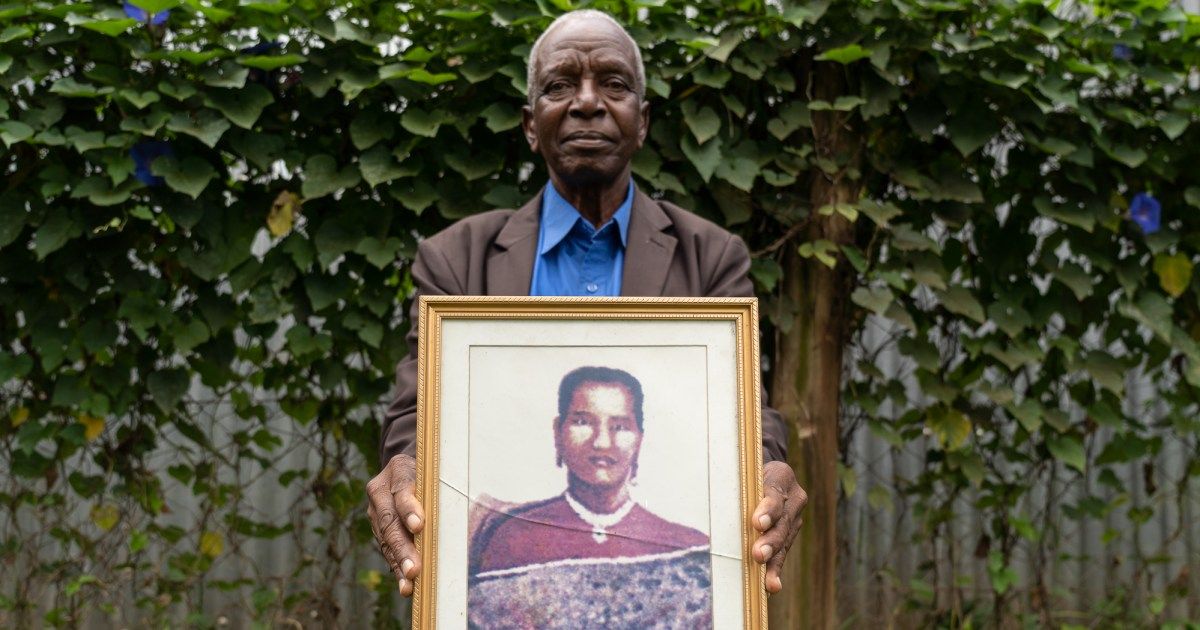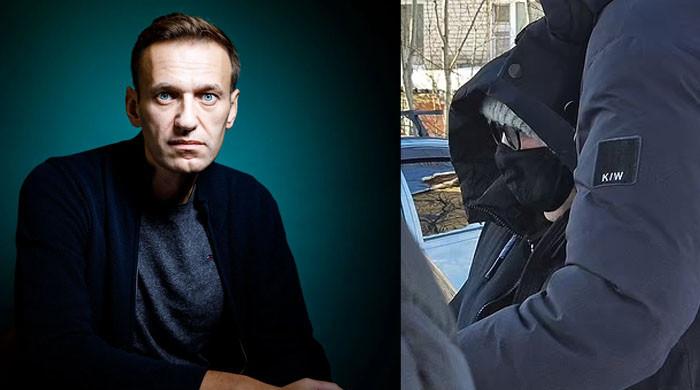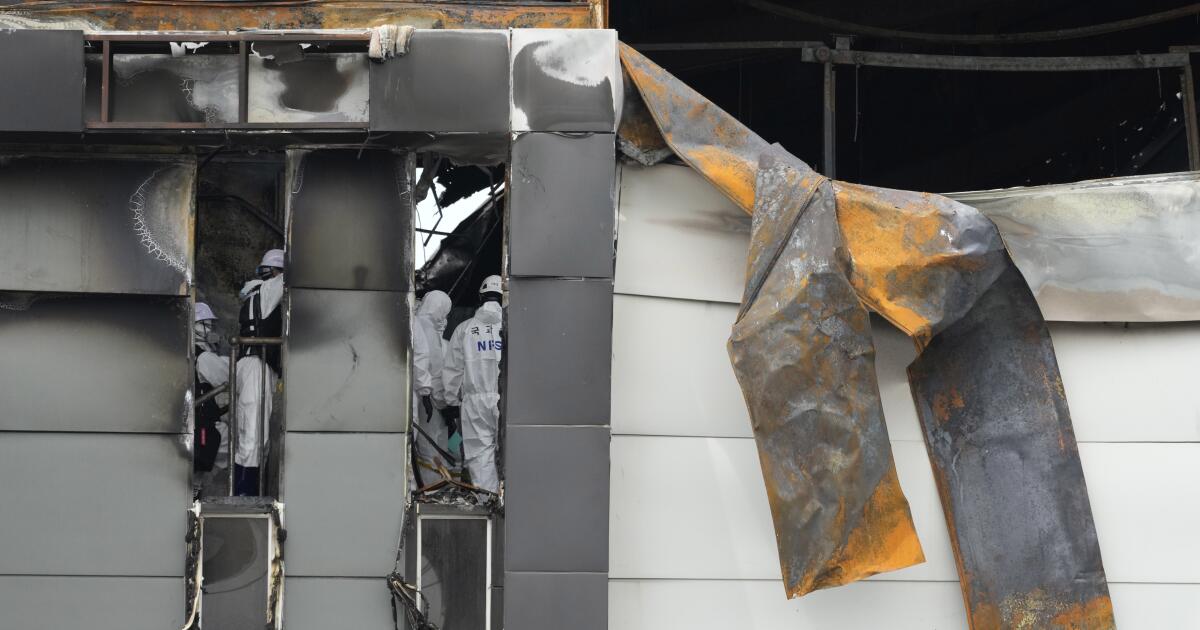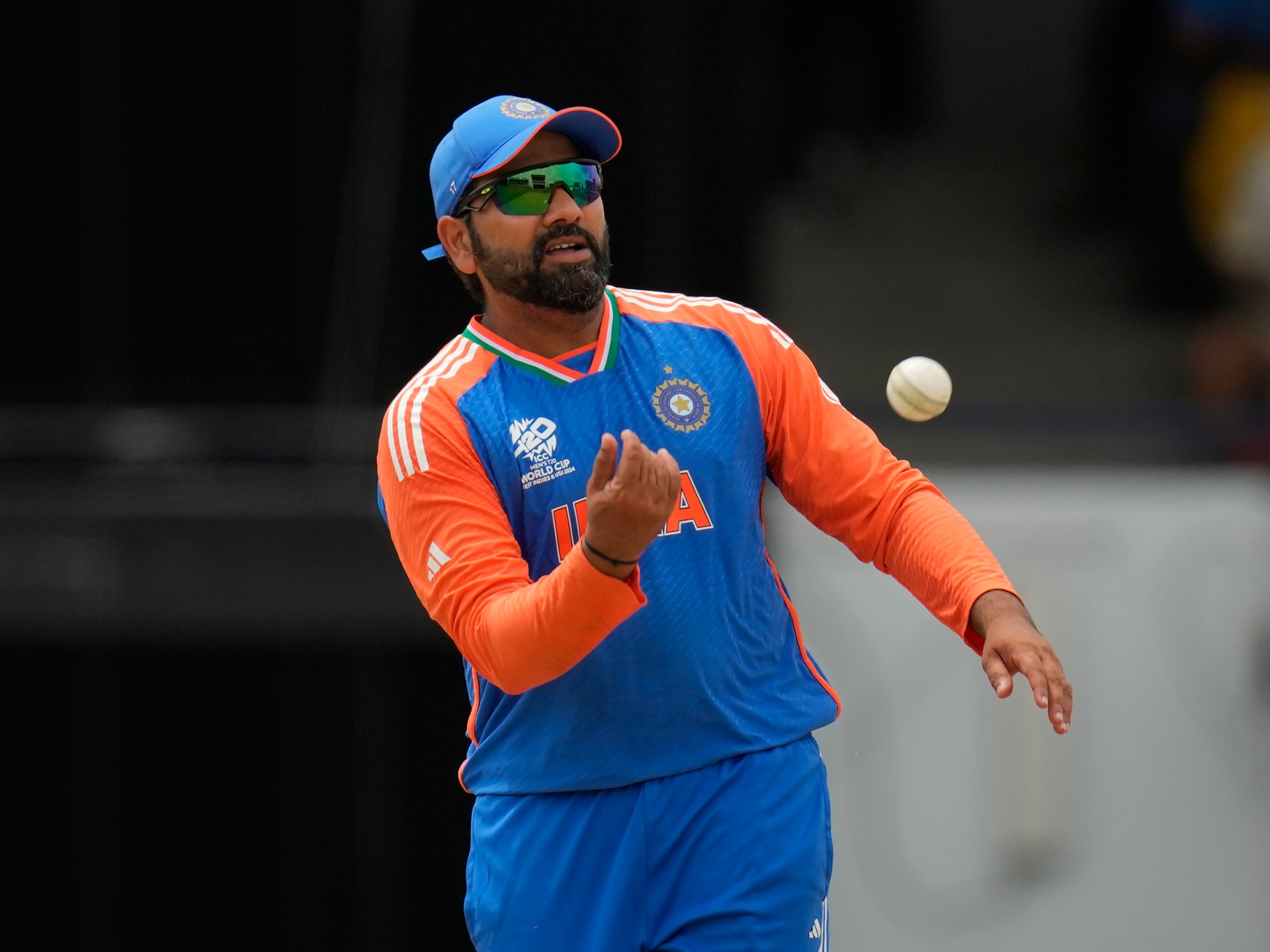No 'true leader'
In 1919, the British arrested all members of the Talai (the Koitalel clan and former leaders of the Nandi) and banished them to an isolated island-like village called Kapsisiywo in the heart of Nandi territory. Located between two rivers, surrounding the entire Kapsisiywo area, about 30 Talai families, consisting of at least 150 people, were separated from the rest of their tribe for decades.
“Along the banks of the river, the British made sure to place the houses of the colonial chiefs [Nandi who were loyal to the British]“Chomu told Al Jazeera. “This prevented any talai from leaving Kapsisiywo.” More than a century later, most Talai still live there.
The British missionaries continued to instill fear of the Talai in the rest of the Nandi population. Once revered for their supernatural and prophetic abilities, missionaries spent decades convincing the Nandi that the Talai were evil witches responsible for their state of misery under colonialism.
Before the arrival of the British, the Talai were considered royalty. But once Koitalel took his last breath, their lives would transform into an endless nightmare. Immediately after Koitalel's assassination, the British hunted down the slain leader's relatives; all of them were killed, detained or banished to Kapsisiywo.
There was also a practical problem facing the Talai: the sacred staffs of leadership, passed down from generation to generation among the Talai and which symbolized the transfer of leadership from one Orkoiyot to another, were missing. “Whoever Koitalel had given those staffs to would have been our next leader,” Machii explained. “But without that staff, we are left without a real leader and we don't know who Koitalel would have given them to.”
The British colonial administration appointed a well-known collaborator as the new Nandi leader, but he died just three years later in 1912. Nandi elders were subsequently able to convince the colonial government to recognize Lelimo araap Samoei, Koitalel's first-born son and father of Machii. as leader of the tribe. But after only a few years, Lelimo was forced into hiding after killing one of his Nandi bodyguards who he was spying for the British.
“My father took over leadership, but the British were so brutal and controlling that they couldn't really lead anything,” Machii said. “I remember my father was very bitter. He hated white men. He never forgave them for the murder of his father; That is why his leadership did not last long.”
Koitalel's second son, Barsirian Manyei, was elected leader of the Nandi in 1919, secretly and without the knowledge of the British. But in 1923, when colonial authorities learned of Manyei's plans to restore a sacred Nandi ceremony in which power was handed over to successive age groups, he was arrested. Over four decades, Manyei would be transferred between prisons and house arrest, making him the longest-serving political prisoner in Kenya.
At this time, the especially vocal Talai leaders were banished to the island of Mfangano, in the eastern part of Lake Victoria. Manyei would end up there too.
Cheruiyot Barsirian, 76, was only eight years old when he was detained with Manyei, his father, on the island of Mfangano. “We were always sick with malaria because of the mosquitoes,” Cheruiyot said, holding a computer-generated portrait of what Koitalel's grandfather was believed to look like. “And there were so many snakes. I remember he could never sleep because of the snakes and bugs.”
“Life there was very hard,” he continued. “We used to get food rations from the British. “They monitored our every move to make sure no Talai escaped the island.” The Talai were forced to live in mud houses built in straight lines, making their movements easily observable to colonial officials. “He [colonial officers] He would come every morning and tell us so we knew that no one had fled.”












